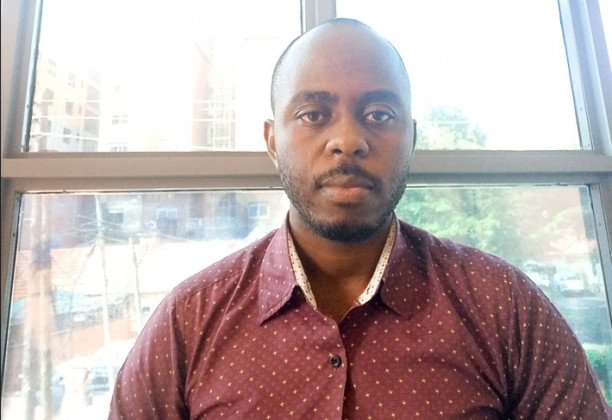Uganda`s education system comprises of three layers and these cut across both in Private and government-aided schools.
In the year 2019, over 13,000 private schools were functional, the figures could have increased further because the country works on an open market principle where any person with a relative financial capital can open a school/institution provided he meets the basic requirements. This is good for any investor, but also for the country because of revenue and sorting partly unemployment that is at its peak. Whereas the ministry of education is always involved in setting up working guidelines and procedures, once the process of establishing an institution is done, the investor is left to independently to determine the cost of service with very minimal supervision. The insanity starts from here (Baby class spends almost ugx 2 million per term and a primary pupils approximately Ugx 1.7 million).
Despite these exorbitant payments, we should be reminded that Uganda`s GDP per capita is way below 900 USD and the cost of living is extremely high. Using logical analysis, for an individual to become a professional majoring in sciences, you might need close to ugx 69 Million to graduate a four to five years programe and get into the working world. However, this is on assumption that you will not incur other costs such as functional fees, accommodation and medical bills.
For a professional nurse, the least educational entry-level one must have is ordinary level training with credits in science subjects such as Biology, chemistry, and food science then a must pass in English and Mathematics. At this level, an individual is allowed to join a Nursing school if not lucky to get government slot, then one must search for a vacancy in a private institution whose fees policy is solely determined by the economic scales of demand and supply.
Let our emphasis be on Nursing Education.
Traditionally the community has attachments value to medical programs such as medicine and Nursing, and it is always in every family’s desire to have medical personnel in their family. This always blinds most parents to reach the extent of selling their properties with a hope that their children, after education shall recover them. It should also be noted that, while we are at school, the education system and curriculum don’t extensively expose students to life after training. It’s only read, read, and read. By the time nurses leave school, they are not given adequate financial literacy.
Therefore, leaves many Nurses being underpaid in most private sectors because of their poor bargaining skills and inadequate regulations of Private sector. These skills are never taught adequately during training and this has a direct impact on their families because they can’t fulfil their long a waited hope and wishful thinking because of merger pays.
Therefore, the education system of Uganda has partly contributed to household poverty because the outcome, doesn’t have any relationship with the input. For example, one spends 15 years in class to earn 200,000 per month in a private health facility and this is very far close a fellow colleague in a government facility with same qualification. A nurse who is being paid that money per month needs approximately 29 years to recover the total investiment.
Recommendation
There is an urgent need to put financial education training programs in Nursing schools to ensure that learners are able to get relevant skills of bargaining commensurate to their training and education, regulator of the profession should advocate for a minimum wage for Nurses in the Private sector and also monitor and regulate the cost of Nursing training in Uganda.
The author; Muramuzi Dan; is a BSc Nurse, MSc Health Services Research and member of the Association of Graduate Nurses and Midwives of Uganda (AGNMU)
If you would like your article/opinion to be published on Uganda’s most authoritative news platform, send your submission on: [email protected]. You can also follow DailyExpress on WhatsApp and on Twitter (X) for realtime updates.



